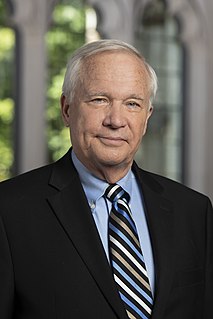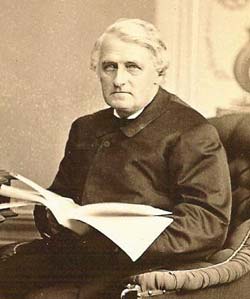A Quote by Doug Pagitt
I'm writing with the assumption that most of you who are reading this book have concluded what I have: Preaching doesn't workpreaching, as we know it, is a tragically broken endeavor. The value of our practices-including preaching-ought to be judged by their effects on our communities and the ways in which they help us move toward life with God.
Related Quotes
The most intelligent hearers are those who enjoy most heartily the simplest preaching. It is not they who clamor for superlatively intellectual or aesthetic sermons. Daniel Webster used to complain of some of the preaching to which he listened. "In the house of God" he wanted to meditate "upon the simple varieties, and the undoubted facts of religion;" not upon mysteries and abstractions.
Engaging the body in acts of being present with God, including certain ceremonial practices, opens us up to God in new ways. People of faith in ancient times understood that such physical acts and practices as rest and worship, dietary restrictions, and mandated fabric in their wardrobes were of great value to their faith and life.
Preaching is the primary means of growth for the local church. There is a great deal of debate about this in our day, but it is the preaching of the Word that God most uses to build up a church, not only numerically but above all (and far more importantly) in spiritual depth and understanding of the people who make up the congregation.
We are not preaching the Gospel of a dead Christ, but of a living Christ who sits exalted at the Father's right hand, and is living to save all who put their trust in Him. That is why those of us who really know the Gospel never have any crucifixes around our churches or in our homes. The crucifix represents a dead Christ hanging languid on a cross of shame. But we are not pointing men to a dead Christ; we are preaching a living Christ. He lives exalted at God's right hand, and He "saves to the uttermost all who come to God by Him."
My plea therefore is this: Let us get our instruments tightly strung and our melodies sweetly sung. Let us not die with our music still in us. Let us rather use this precious mortal probation to move confidently and gloriously upward toward the eternal life which God our Father gives to those who keep his commandments.
The love of God again makes us free, for it draws us to set a low value on those things wherein we are subject to others - our wealth, our position, our reputation, and our life - and to set a high value on those things which no man can take from us - our integrity, our righteousness, our love for all men, and our communion with God.



































